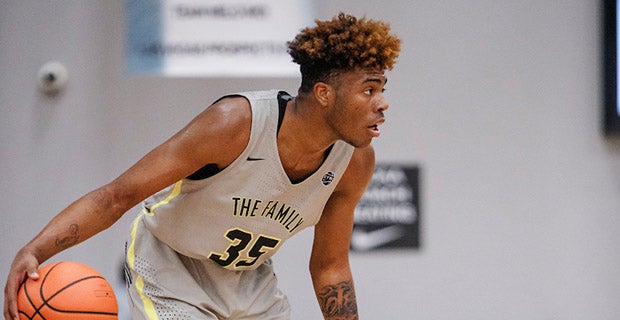
The Australian federal police obtained from Qantas Airways the personal travel records of a journalist, a revelation that alarmed the media industry on Monday after police raids on journalists last month raised questions about press freedoms in the country.
A document obtained by The Sydney Morning Herald showed that the police approached the airline in March seeking travel records for a journalist who wrote a 2017 article alleging that the Australian military had committed possible war crimes against Afghan citizens.
A Qantas officer then searched for details of two flights in 2016 at the request of the police, and “captured and printed” details of the trips, the paper said. The request drew sharp criticism from media groups.
“The feeling is that journalism is under attack in this country,” said Paul Murphy, chief executive of the Australian union for journalists, the Media, Entertainment and Arts Alliance. “There is no regard for the important role journalists play in a functioning democracy.”
The incident was another sign that it had become “normal practice” for the federal police and law enforcement agencies in Australia to target journalists and whistle-blowers, he added.
“We need urgent action from government to protect the right to know,” Mr. Murphy added.
In a rare instance of unity, media executives from the country’s biggest news organizations have called for reforms to protect press freedom after two police raids last month — one on the home of a News Corp. journalist and another at the headquarters of the Australian Broadcasting Corporation.
The journalist whose travel records were obtained, Daniel Oakes, was part of an ABC team that published “The Afghan Files,” a 2017 article based on leaked military documents that described potential war crimes by Australian armed forces in Afghanistan.
Last year, the government passed sweeping legislation that included harsher penalties for leaking classified or secret information. The law made it illegal for government officials to disclose such information and in some cases, for journalists to receive it. The alleged whistle-blower behind the “Afghan Files” documents, a former military lawyer, has already identified himself and is facing charges.
A spokeswoman for the federal police declined to comment Monday on the seizure of the travel records, saying the investigation is continuing.
A Qantas spokeswoman said in a statement on Monday that the airline receives numerous requests for information from law enforcement agencies. She said the airline is not informed about the occupation of passengers in such requests and provides information only on passengers who are subject to a criminal investigation.
Christian Porter, Australia’s attorney general, has said that he is “seriously disinclined” to prosecute journalists except in the most exceptional of circumstances.
Still, there is a “worrying chasm” between the government’s actions and its words, said Joseph Fernandez, an associate professor of journalism at Curtin University in Perth.
On an international stage, such police activity is at odds with Australia’s reputation for having a transparent democracy, and could “embolden other oppressive governments,” Dr. Fernandez said.
“We are seriously undermining our credibility when it comes to upholding basic rights and freedoms,” he added.
https://www.nytimes.com/2019/07/08/world/australia/police-qantas-journalism.html
2019-07-08 07:57:13Z
52780328178618







